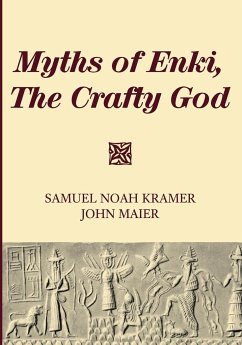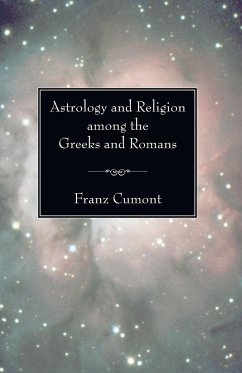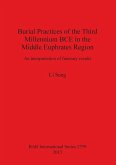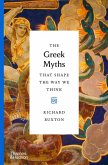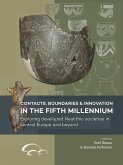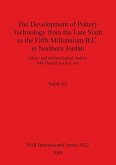This ambitious and well-researched study brings together for the first time translations of the ancient literature concerning the Sumerian god Enki, one of four gods and goddesses who comprised the highest level of the Sumerian pantheon. The very existence of these writings, which date from the Third Millennium B.C., was unknown until about 100 years ago, when their cuneiform script was deciphered. Since then, it has become apparent that Sumerian literature had a profound and enduring influence on both Biblical and classical Greek literature, and so on the literature of the western world as a whole. Kramer, one of the world's leading sumerologists, has prepared these translations from among the scores of works he has published over the last fifty years; John Maier provides a full interpretive framework that places the translations in their broader comparative cultural context. This rare collection will be of interest to students and scholars in a wide range of disciplines from Near Eastern and Biblical Studies to Mythology and Comparative Literature.
Hinweis: Dieser Artikel kann nur an eine deutsche Lieferadresse ausgeliefert werden.
Hinweis: Dieser Artikel kann nur an eine deutsche Lieferadresse ausgeliefert werden.

